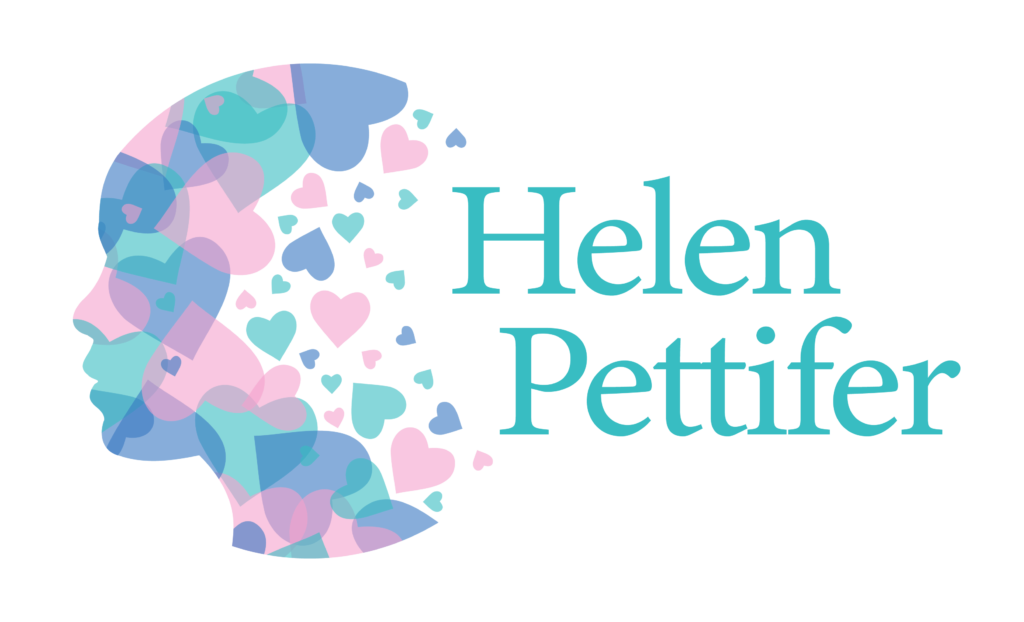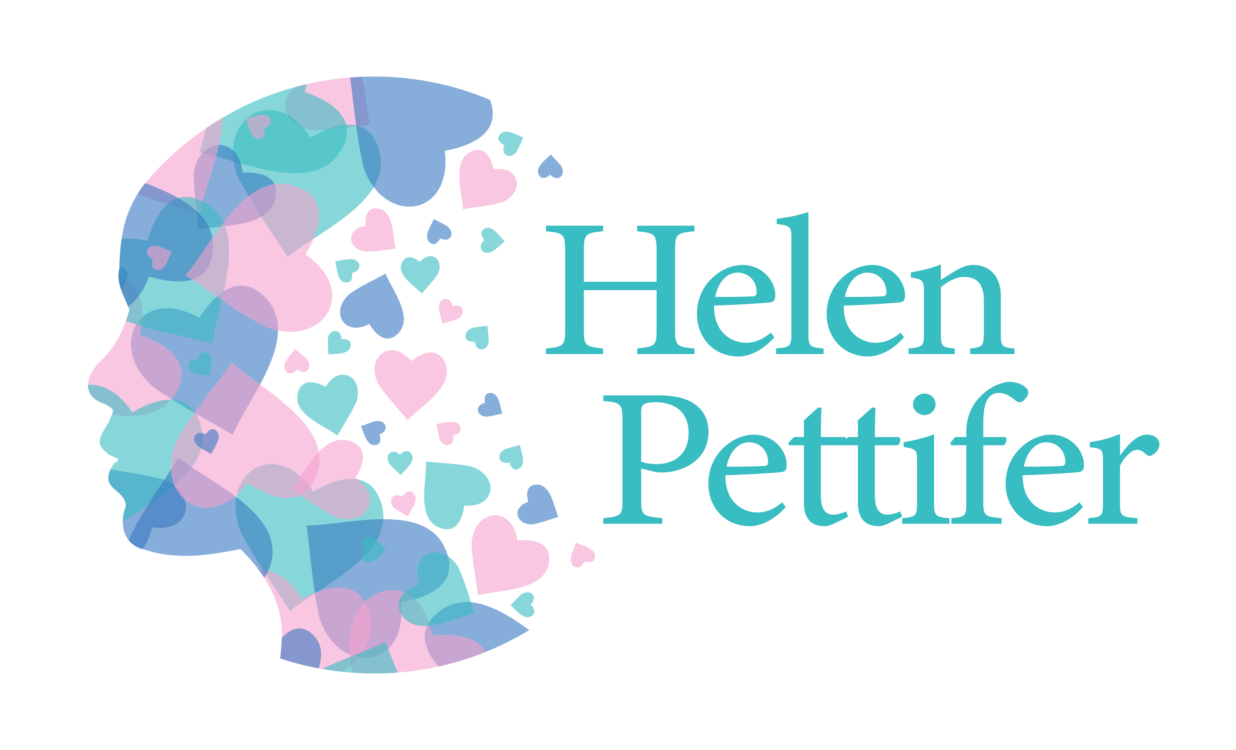Exploring the Value of Compassion
One of the underpinning messages that I promote is the importance of compassion. We never know the full extent of what is going on in people’s lives and how this impacts them. In most cases, we can not change their experiences or circumstances, however, we can build their resilience by showing compassion. Treating others in a kind, respectful and helpful manner costs nothing, yet it can be highly valued by those on the receiving end.
I was pleased to see that compassion is the theme for Refugee Week 2023 celebrations. This annual event aims to connect people from all backgrounds, who have sought safety in the UK.
What is a Refugee?
We all strive for the best possible world for ourselves and our loved ones. Usually, the safest environment for this is in our home nation. At home, we are in familiar surroundings, often with a support network of family, friends and colleagues.
However, there are times when home is no longer safe. Where war, violence, conflict or persecution puts lives at risk. A refugee is someone who has fled their home in fear and has crossed an international border to seek safety in another country.
A refugee often has to leave behind their possessions and livelihood. They may be separated from family and friends. This could be the first time they have left their country and they may know little or nothing about the country they are fleeing to. They may not speak the language, recognise the food or understand how everyday processes work.
Consider how terrifying it must be to arrive somewhere that feels completely alien. All you have is what you could carry. You are educated and were employed, but had to abandon your career. You are a parent with hungry, tired children to care for. You have no idea or control over what will happen next. All this is preferable to the life you have escaped from.
Refugee Week 2023 Celebrations
Refugees are also individuals, with skills, talents and life experience. They have interests in sports, music, arts, ready, fashion, books and more. Refugee Week aims to celebrate these diverse abilities through community activities that are open to all.
Getting involved is as simple as visiting one of the art exhibitions, music concerts, talks or film screenings that are being held across the country. There were over 1000 in 2022, so you are likely to find something of interest in your area.
Schools can also get involved by requesting the Children and Young People’s Pack. This is full of activities, discussion points and resources that build an understanding of refugee experiences. Some schools have further embedded knowledge and support into the framework, with 382 now accredited as Schools of Sanctuary.
Refugees in the Media
Refugee Week is a fantastic opportunity to raise awareness across social media, television and press coverage. Positive engagement in this event has helped to present a different message about refugees than we often see in the media. Sensationalised stories, falsehoods and scaremongering create division, distrust and even hatred between the native population and those seeking refuge.
Let’s turn the tables and imagine you and your family fear for your life. That bombs have destroyed your neighbourhood or that you are at imminent risk of torture because of your beliefs and your family is being torn apart.
Having abandoned everything you’ve worked for and everyone you’ve known, you arrive in a new land. How much would it mean to meet someone who showed compassion instead of hatred? They may be unable to erase the pain or solve your problems, but they look at you with kindness.
How Many Refugees are there in the UK?
According to data shared on the Breaking Barriers website*, there were 231,597 refugees in the UK by the end of 2022. This was a considerable increase from the previous year, due to Ukrainians who were forced to flee following the ongoing Russian invasion. The majority would like to return home, but it isn’t possible until situations change for the better in their country of origin.
There will be refugees living and, in cases where work is permitted, employed in your community. They may need to access goods and services from your organisation, so how can you help?
Firstly, aim to deliver the same high standards of service that you offer all customers. Secondly, be patient and explain anything that they are unclear about and avoid forcing a decision. If they do not have the document that you need to process requests, consider whether there are alternative ways around this.
UK Support Services for Refugees
If you are unable to fulfil a request from a refugee, please signpost them to specialist support. In some cases, they may not have access to a computer or phone. It may also encourage them to make the call if you encourage them to do it whilst you are present, so give them the option.
Below is a list of organisations that can help:
Refugee Council – helpline 9.30am – 12.30pm 0808 196 7272 https://www.refugeecouncil.org.uk/
Red Cross – helpline 10am – 5pm weekdays 0808 196 3651 https://www.redcross.org.uk/get-help
Refugee Action – https://www.refugee-action.org.uk/our-services/help-and-advice/
Safe Passage – support for unaccompanied child refugees https://www.safepassage.org.uk/
Young Roots – London-based charity working with teenage refugees https://www.youngroots.org.uk/
Women for Refugee Women – support and empowerment https://www.refugeewomen.co.uk/
Remember that it is not for you to judge whether they should be granted refugee status. Your part in the process is to be respectful, helpful and show compassion.
* https://breaking-barriers.co.uk/our-impact/refugee-asylum-facts/
About the author.

Helen Pettifer FRSA.
Helen Pettifer is Director of Helen Pettifer Training Ltd and a specialist in the fair treatment of vulnerable customers.
She has a background in call centre management and is committed to customer service excellence. Her training ensures front-line staff gain the awareness and resources to confidently identify and respond to signs of vulnerability.
Helen Pettifer is a British Standards Institution (BSI) associate consultant for BS 22458: 2022 Consumer Vulnerability, a Mental Health First Aider, a Suicide First Aider, a Dementia Friend, and a Friends Against Scams Champion. Recognised as a changemaker, she was invited to become a Fellow of the Royal Society of Arts in 2022.



